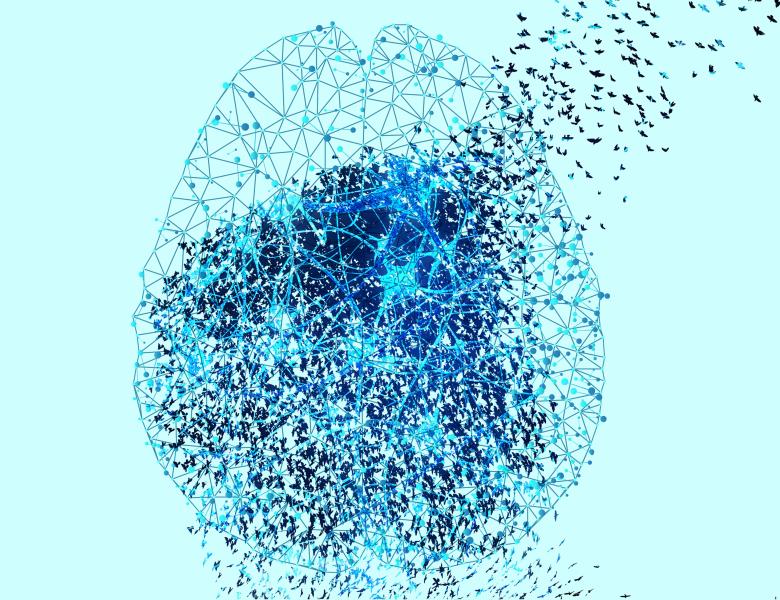
Abstract
There is still no consensus on when consciousness first emerges in the life of a human being. Our best method for detecting consciousness involves first-person verbal reports of conscious states. When first-person reports are absent, as in infants and fetuses, our methods for studying consciousness are limited. In this presentation I will examine the most promising methods for detecting consciousness in infants. Can there be a test for detecting consciousness in the absence of verbal reports? There is no straightforward test, but our most promising methods for detecting consciousness involve neurophysiological and behavioral markers of consciousness, along with predictions from theories of consciousness. I will investigate current markers and will discuss whether they are reliable guides to consciousness in infants. I will also apply philosophical and scientific theories of consciousness to see what they predict in the infant case. When plausible theories converge on a prediction on consciousness in infants, that gives the prediction significant weight. I conclude by discussing how current evidence bears on the initial emergence and the developmental trajectory of consciousness.


